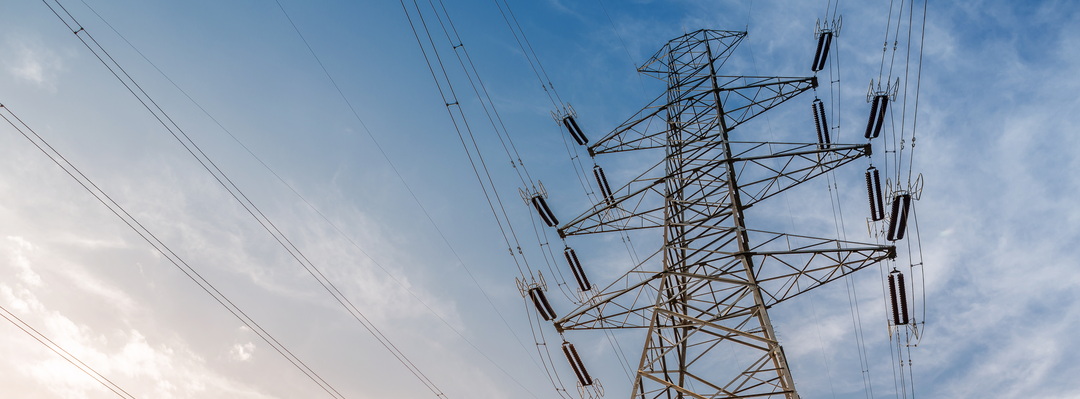This document serves as a companion piece to the Federal Funding Opportunities for Local Decarbonization (FFOLD) tool, which is intended to help cities identify and compare new and existing federal funding sources for clean energy projects and programs. This literature review and recommended resource list highlights existing environmental and energy justice publications to help funding tool users and broader audiences understand energy equity in planning and implementation. It is organized into three main sections: Overall Principles for Energy Justice, Clean Mobility & Transportation, and Building Electrification.
Memorandum of Understanding (MOU) between the City of Charlotte and Duke Energy Carolinas to Establish a Low Carbon, Smart City Collaboration
This Clean Energy Collaboration is a formal agreement that outlines various overarching values, goals, and shared principles to foster a Low Carbon, Smart City Collaboration for all Charlotteans. It outlines a strategy for cooperation and achievement of a shared vision through broad collaboration, focusing on innovation, low carbon energy, economic development opportunities, customer choice programs, and technology.
Memorandum of Understanding (MOU) between the City of St. Petersburg and Duke Energy Florida, LLC for Clean Energy Collaboration
This Clean Energy Collaboration is a formal agreement that outlines a shared commitment to a cleaner, greener future. The MOU states that the two parties will meet at least quarterly to identify and move forward priority projects on transparency and data access, transparency of stakeholder engagement, energy efficiency, renewable energy/community solar, resilience, smart technology, and mobility electrification.
Integrated Resource Plan (IRP) Support Package

This support package provides local governments with a foundational understanding of integrated resource plan (IRP) processes and key considerations to help local governments evaluate their engagement plans and craft an initial engagement strategy.
How Some U.S. Cities Are Working to Align Energy Markets with Their Clean Energy Goals
This blog discusses how the PJM Cities and Communities Coalition (PJMCCC), the first city coalition organized specifically to address wholesale market level issues, was formed along with its efforts to reform the PJM market.
PJM Cities and Communities Coalition Policy Statement on the Benefits of Reducing Barriers to Energy Storage in the PJM Region
PJMCCC statement on the importance of storage deployment in the PJM territory and its role in supporting renewable energy integration, resilience, equity, and clean energy job creation.
Legislatures and Citizens: Public Participation and Confidence in the Legislature
This NCSL report addresses ways that legislatures can increase citizen involvement and public confidence in the institution. Its emphasis is on the legislative institution, addressing issues such as transparency of the legislative process, access to the parliament, media relations, roles of organized interests and civic education.
National Conference of State Legislatures
NCSL provides nonpartisan support for state legislatures and individual legislators. Its website contains a variety of resources that could be valuable for engaging with legislative processes, including topical research, bill tracking, and educational information.
U.S. State Legislature Websites
Congress maintains a database of links to legislative websites in U.S. states, territories, and the District of Columbia.
U.S. Department of Energy’s Weatherization Assistance Program (WAP)
DOE’s WAP provides funding and technical assistance to states, territories, and the District of Columbia to help low-income families reduce energy consumption and costs by increasing the energy efficiency of their homes. It is the largest residential whole-house energy efficiency program in the United States.
